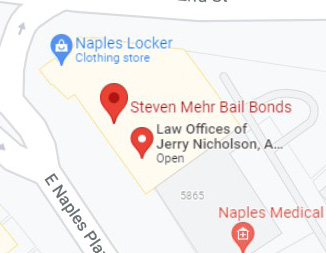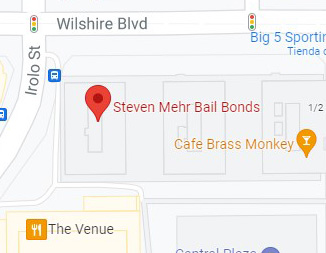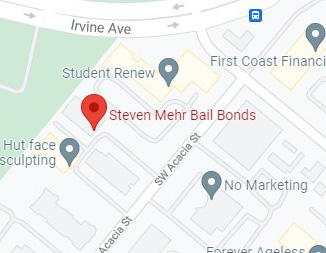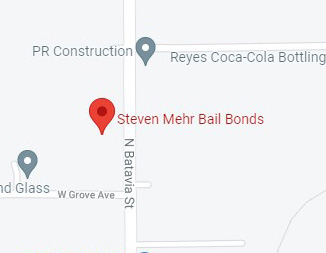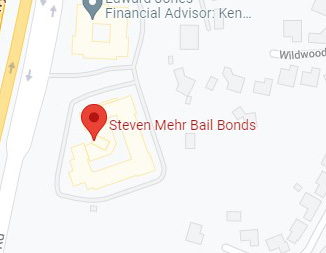In the United States, bail that is given should be clear, when it is to be given and when it is to be denied. Depending on the state, the laws will vary.
U.S. bail laws offer their protection to society, so this is why a bail can be denied, if the judge feels that this defendant is a threat or danger to society.
You can also be denied bail if you are considered a “flight risk”, which means that you may not return to your scheduled court appearances. In 1984, the U.S Congress replaced the previous laws, which was the Bail Reform Act of 1966, with new laws. If you would like to research the new laws, they are found in United States Code, Title 18, Section 3141-3150.
There are many reasons a person can be denied bail. These reasons may consist of:
• The crime was one of violence, with the maximum penalty of 10+ years imprisonment
• The crime was punishable by life imprisonment or the death penalty
• The offense was a drug crime, with a sentence of 10 or more years in prison
• The defendant had previously been convicted of 2 felony offenses, as above
• There is a serious risk the defendant will flee
• There is a risk that the defendant will be a danger to witnesses or jury members
• There is a risk that the defendant will attempt to obstruct justice in any way
A hearing will be held regardless if the defendant does not qualify for bail, which to see if bail may be given anyways.
If you have a loved one who cannot make bail, you may still contact Steve Mehr's Bail Bonds and we can give you the information that you need with our honest advise.





